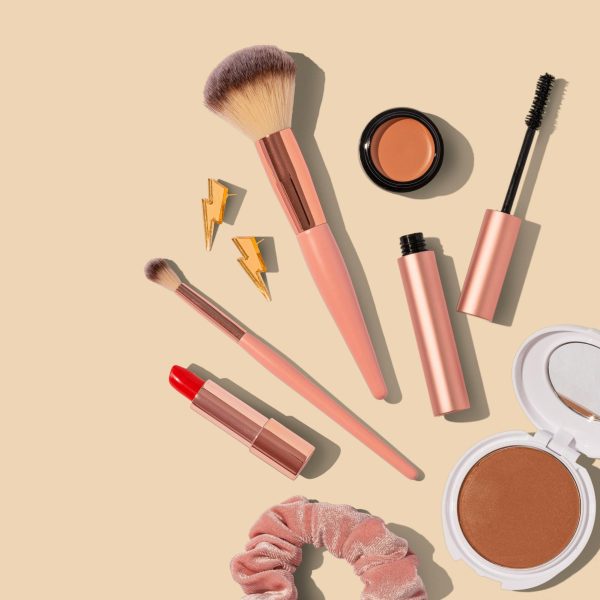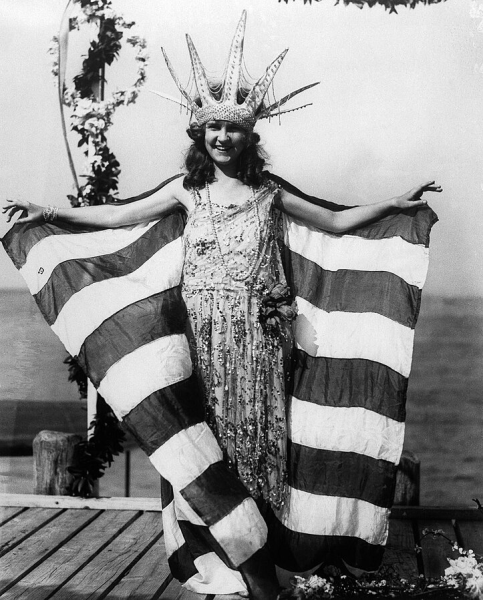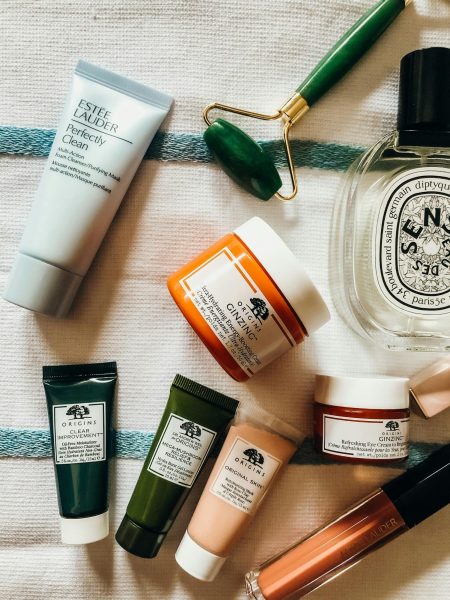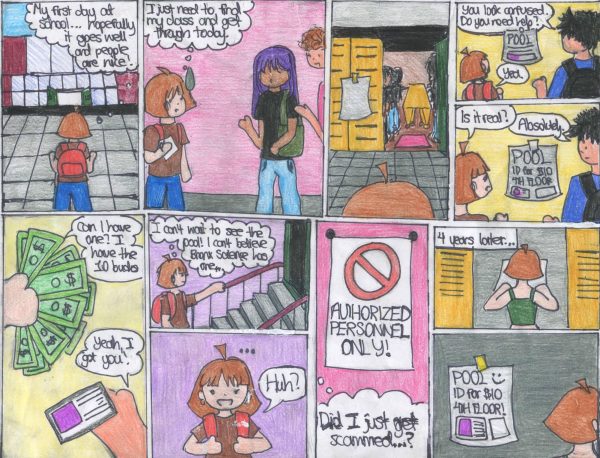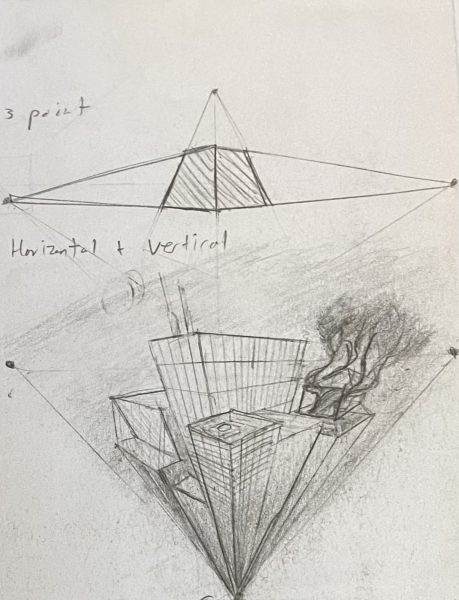The Golden Age of Youtube is Over?
Athena Ding ’19 shares her thoughts on the effects of YouTube demonetization in this changing YouTube age.
Lights. Camera. Action. From Day 1, Youtube was a stage for creators who didn’t necessarily fit into Hollywood’s limitations. This platform, built on creator culture, thrived on its originality, on the base that it allowed people to create content about doing what they love. Topics not discussed as openly on television or movies were expressed and shared – it was unique. Jenna Marbles, a Youtuber whose platform mainly revolved around jocular content, also shed light on stereotypes of women. PewdiePie, or Kjellberg’s, content was notable due to his gaming live streams. Originality defined Youtube culture from its beginning, when in 2006 when Google bought Youtube for $1.6 billion. From then to now, Youtube’s algorithm has shifted drastically. In 2012, Youtube began to prefer videos with longer watch times over higher view counts. “Charlie Bit My Finger” wasn’t what Youtube wanted anymore. In 2016, creators first began encountering small demonetization issues. It seemed as if Youtube’s system was experimenting with changes to their algorithm.
Demonetization is a term used to describe when Youtube removes advertisements from a particular video, preventing the video from generating revenue. This first introduction to demonetization prompted one of Youtube’s largest creators, Kjellberg, to post a video stating how his viewer rating dropped from 30% to less than 1%. As a result, he jokingly threatened to delete his channel which would cause major harm to a large Youtube audience. Soon enough, Youtube released a statement that nothing had changed, and things went back to normal for the time being. However, a distrust of the platform had already begun brewing.
“I could put hundreds of hours of work into something, and the views could be much lower than I was expecting,” said Anthony Padilla, one of the first big creators on Youtube as a co-founder of Smosh. He mentioned that it would begin to affect his mental health, as he would correlate viewer count with his self-worth.
The first “adpocalypse” on Youtube began in 2017 when a huge creator PewdiePie, posted a video that included an anti-Semitic comment, creating controversy and more restrictions than ever before within Youtube. How? Demonetization. Aggressively. What was sparked from one creator’s big mistake seemed to be negatively affecting everyone.
Just last year in 2018, creators spoke about Youtube’s recent state. Carrie Crista, a lifestyle vlogger, stated, “Youtube seems to have forgotten who made the platform what it is.” Even those outside of Youtube noticed the changes. Jamie Cohen, a professor of New Media at Molloy College, stated, “Youtube is inevitably heading towards being like television, but they never told their creators this.” By its recent focus on promoting videos that only meet certain standards, Youtube has adopted a Hollywood-like resemblance with promoting music videos and late night shows – a drastic change from its original, distinctive content.
Recently, creators like “bestdressed,” a.k.a. Ashley, a college student who just graduated from UCLA who creates mainly fashion-based and overall relatable content, spoke out in frustration about the societal constructs Youtube’s criteria was based on for demonetization. Youtube had demonetized a video where she openly discussed periods and sex ed as girl talk in a relatable, humorous manner. With more and more of these occurrences, it is evident that Youtube and the advertisers that partner with Youtube are “systematically discouraging people, specifically women and those from the LGBT community who are talking about real things that happen to their bodies,” said Athena Ding ’19. Prank channels that go past acceptable boundaries or have racist jokes do not get demonetized, while conversation about natural things like periods or sex are considered not socially acceptable. A possible method that Youtube can take but hasn’t is to perhaps include ads with Playtex Sports (tampons) instead of refusing to monetize a video where a female creator may express her experience and jokes about her period. With prospective changes in this direction, Youtube may get back on its original track.
Abigail Yoo is a Senior Staff Reporter and a Online Newspaper Editor for the ‘Science Survey’ as well as a Groups Section Editor for ‘The Observatory.’...


